T4K3.news
Hope grows after stage four cancer treatment
A Surrey dad defies late cancer diagnosis with surgery and new therapies, now five years on and active in fundraising.
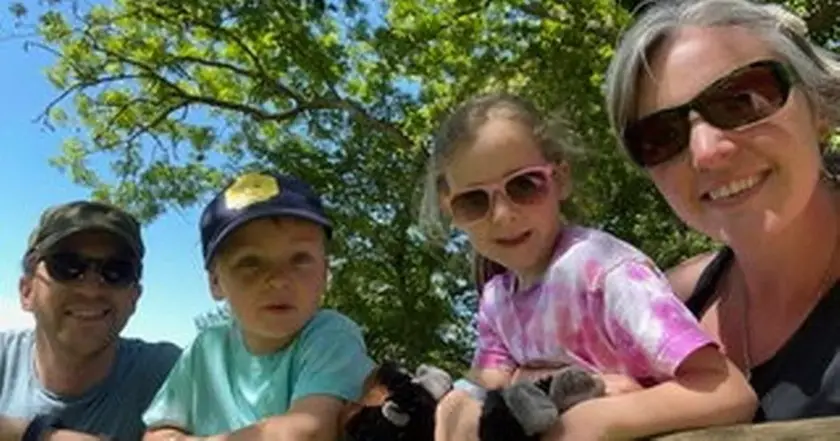
A Surrey father battles stage four bowel cancer and defies expectations through surgery, chemotherapy, and newly approved therapies.
Hope grows in Surrey dad after stage four bowel cancer treatment
Matt Eamer, 44, from Redhill, Surrey, was rushed to hospital in September 2020 after a sharp onset of abdominal pain he first attributed to a barbecue mishap. Doctors found a large blockage in his large intestine and performed surgery to remove a mass. Days later the pathology confirmed stage four bowel cancer and a BRaf mutation that can drive rapid cancer growth. He underwent six months of intensive chemotherapy, but during an operation to remove part of his liver doctors found the cancer had spread to the peritoneum.
A shift came when newly approved immunotherapy drugs Cetuximab and Encorafenib were added to his treatment plan. The combination reportedly slowed the disease’s progress and, over time, led to an unusually strong response. Five years after his diagnosis, scans have shown no clear evidence of active cancer while he continues treatment to keep the disease at bay. He also underwent a 14-hour operation in December 2024 to remove tissue containing the BRaf mutation and received HIPEC chemotherapy. He remains in remission and continues to run his design agency while preparing to take part in a charity cycle in Glasgow in September to raise funds for Bowel Cancer UK.
Key Takeaways
"I was speaking to work colleagues over the first week or two and thought I'd cooked a dodgy sausage on the barbecue"
Jonas on the misinterpretation of initial pain
"Hitting five years with stage four is a rarity"
Doctors' assessment of prognosis
"You're not on your death bed but you're forced to think about how you spend your time"
Reflection on life choices amid illness
"It's marking a milestone in a meaningful positive way"
Reaction to charity work linked to diagnosis
Matt’s case illustrates how advances in targeted therapy and immunotherapy are changing the outlook for some late-stage cancers. When conventional chemotherapy seemed to stall, a personalized drug regime helped him gain control of the disease and extend his life well beyond initial expectations. Still, the story also highlights how fragile those gains can be, and how much of the outcome depends on access to innovative therapies and specialist care.
Public attention to a rare long survival in stage four can inspire hope, but it also risks creating a narrative that every late diagnosis can be conquered. Experts say ongoing monitoring, surgical decisions, and the ability to get the latest drugs are crucial factors that shape outcomes, especially for patients with BRaf mutations. The broader challenge remains ensuring equitable access to high-cost therapies that can make the difference between months and years.
Highlights
- I thought I had cooked a dodgy sausage
- Hitting five years with stage four is a rarity
- You're not on your death bed but you're forced to think about how you spend your time
- This is marking a milestone in a meaningful positive way
Health outcomes and access to new cancer drugs
The piece centers on a dramatic survival story tied to newly approved immunotherapy and targeted therapy. While uplifting, it highlights broader questions about access, affordability, and equity in high-cost treatments for cancer.
Stories like this push medicine forward while reminding us that hope, as well as questions about access, temper every milestone.
Enjoyed this? Let your friends know!
Related News
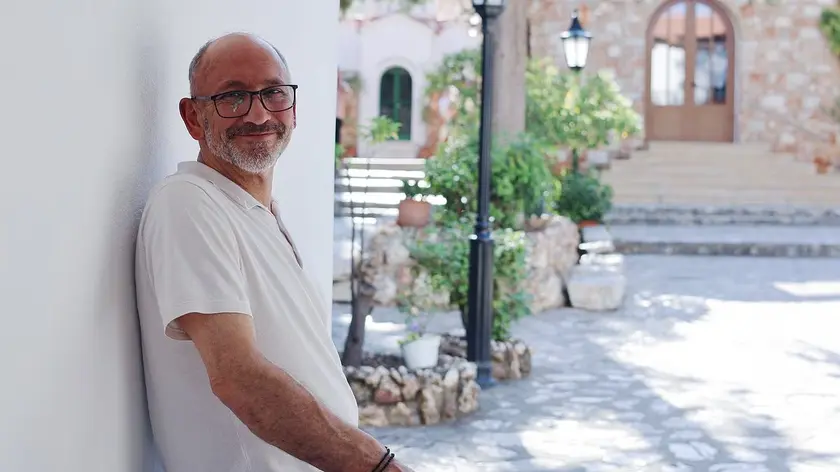
Father diagnosed with stage 4 glioblastoma after unusual symptom
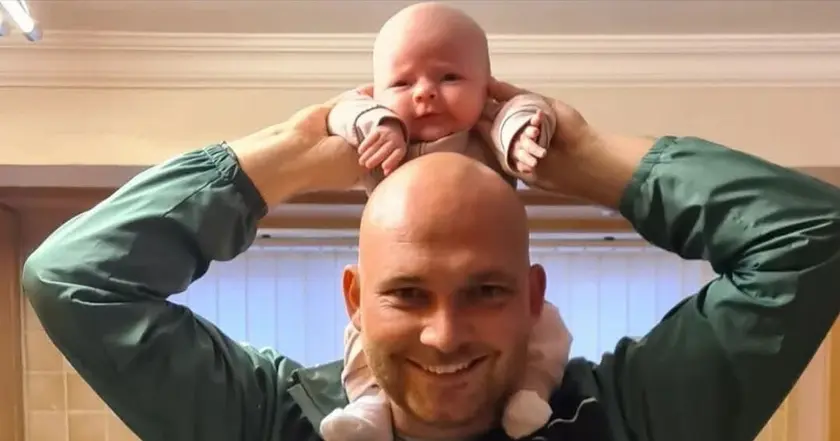
Husband dies days after wedding in Dublin
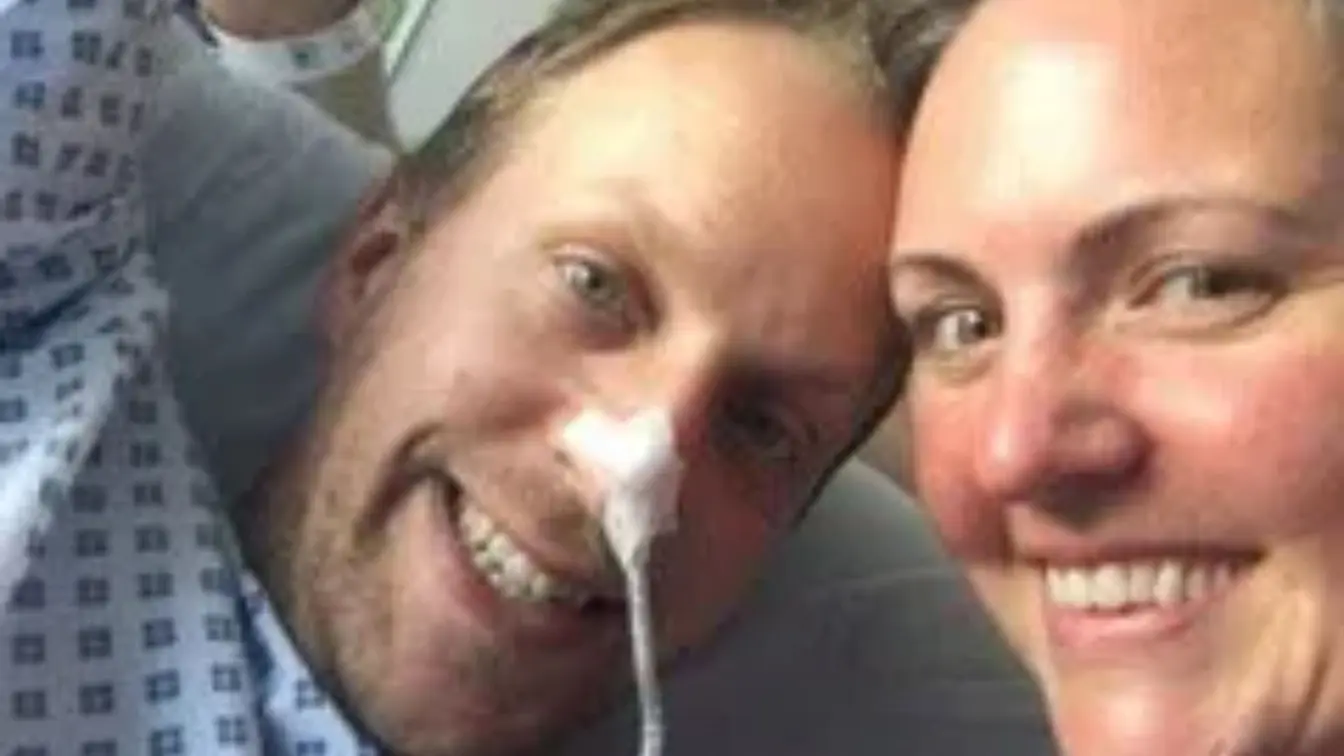
Stage four bowel cancer story shows brave progress
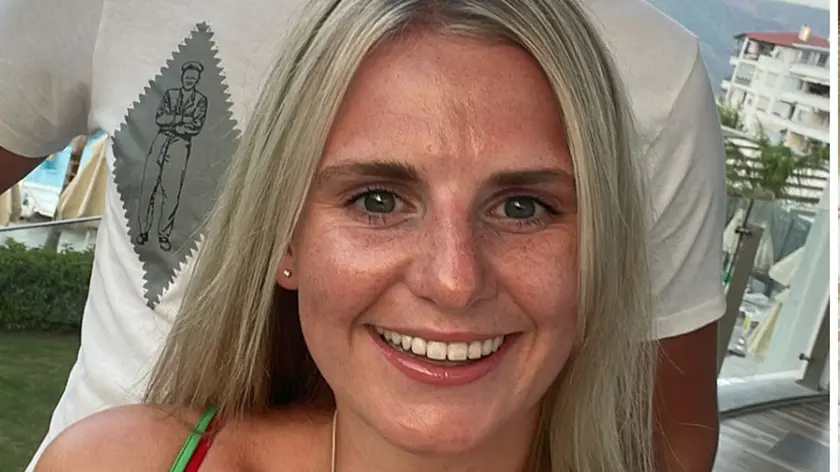
Misdiagnosis delays treatment in a young breast cancer patient
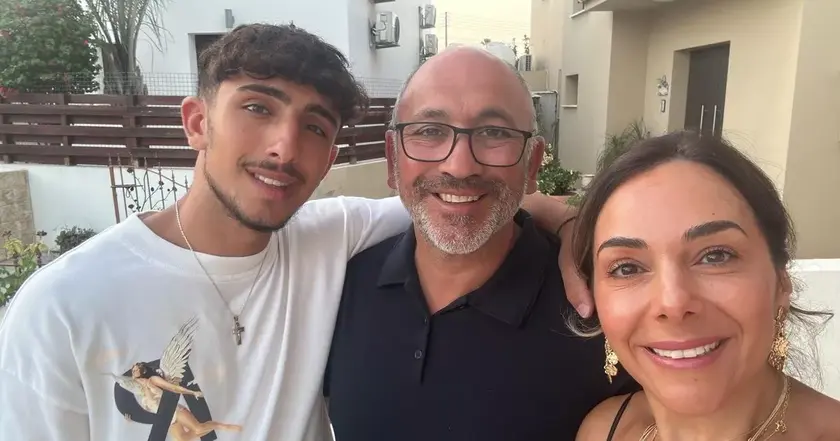
Father diagnosed with stage 4 brain cancer after unusual smell
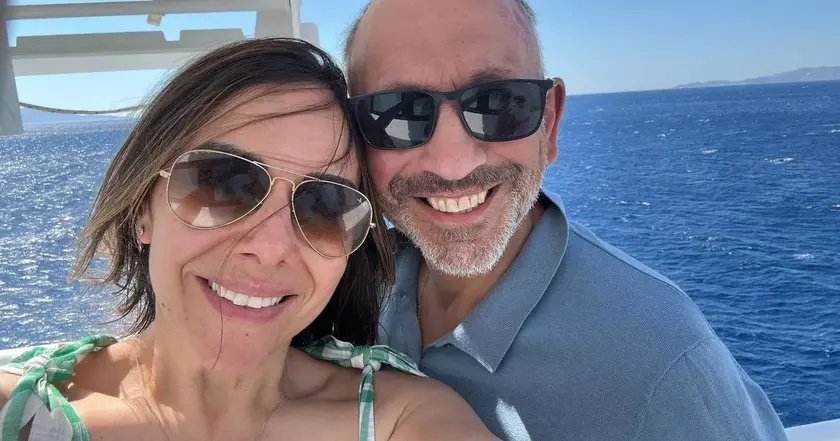
Dad diagnosed with aggressive brain cancer seeks alternative treatment
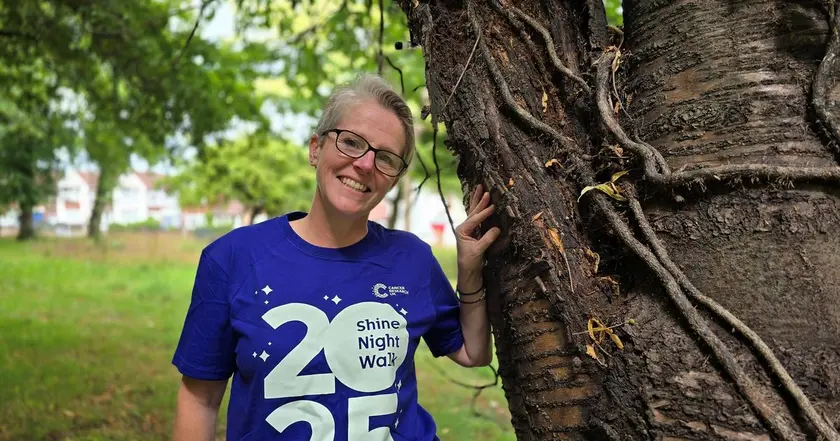
Birmingham mum finds breast cancer after routine health check
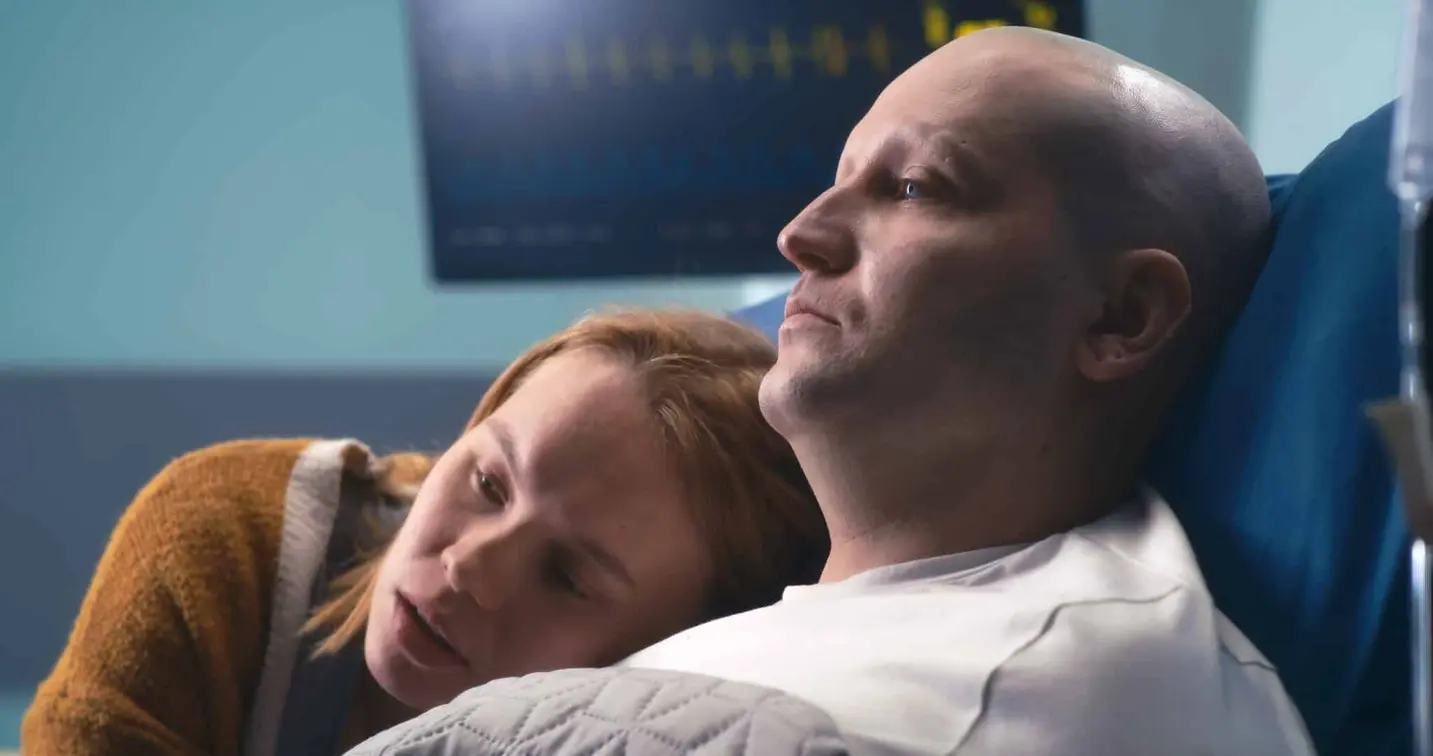
Young Americans face higher rectal cancer risk
